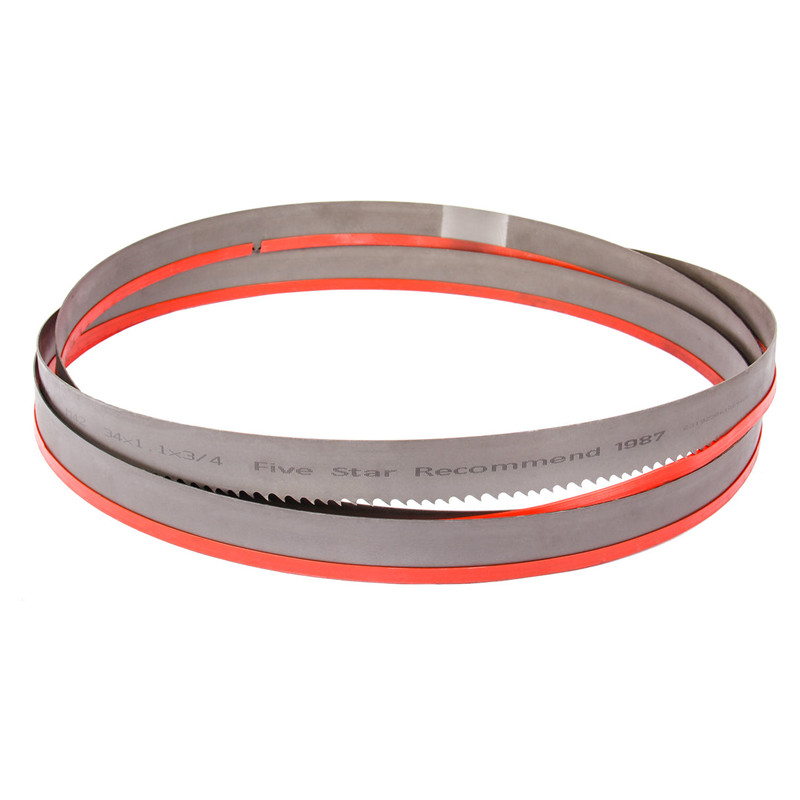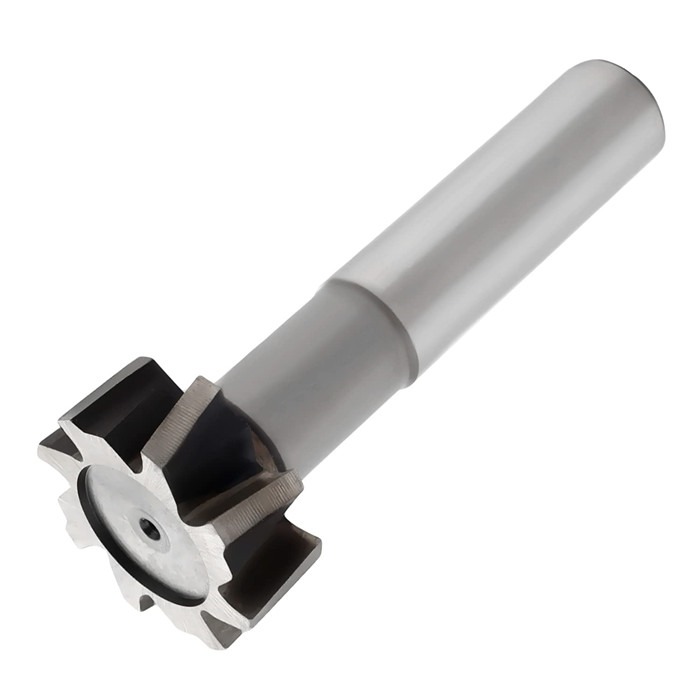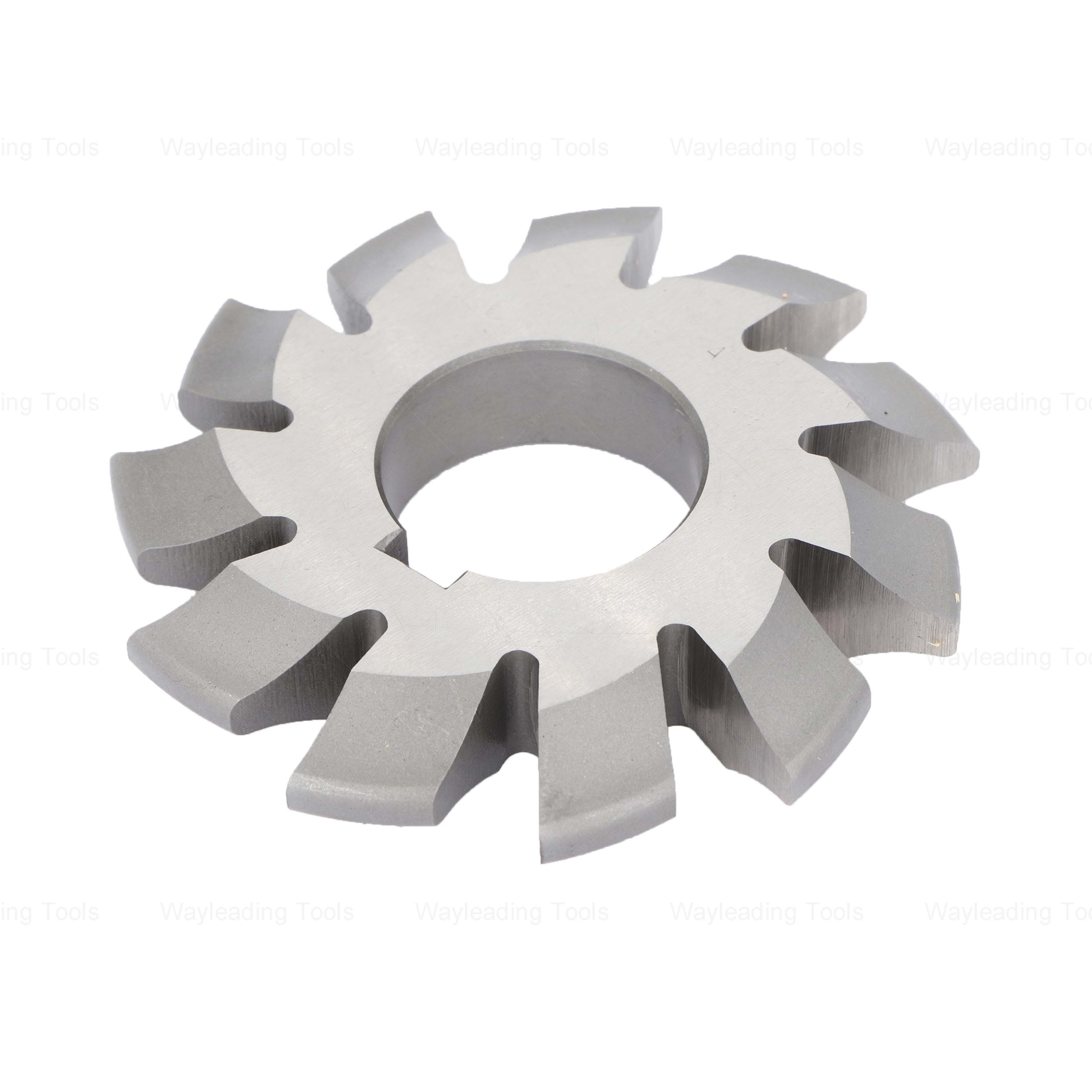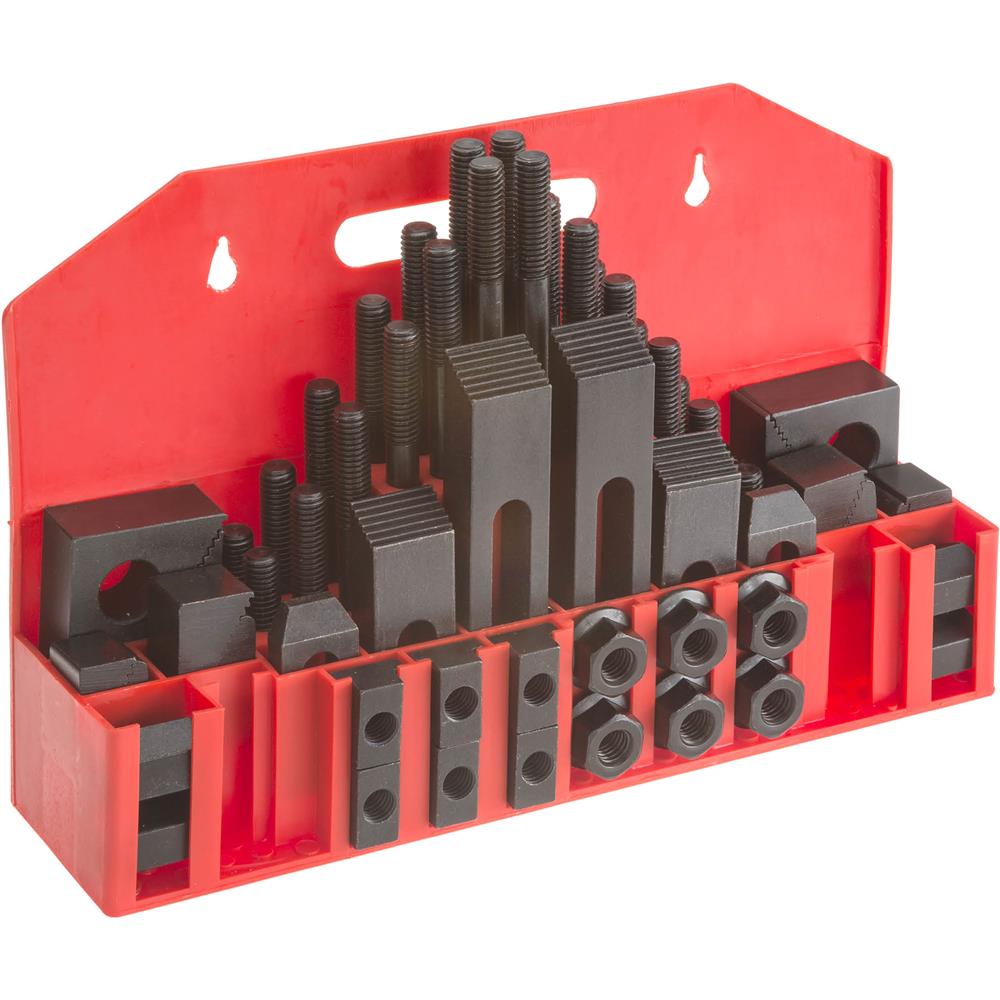dial test indicator Factory
A dial test indicator factory specializes in the manufacturing of precision measurement tools used for accurately determining dimensional variations in various industrial applications. They offer a range of indicators with different resolutions, measuring ranges, and mounting options to meet diverse needs, ensuring quality control and precise alignment in manufacturing processes.
Understanding Dial Test Indicators
Dial test indicators, also known as lever-type indicators or sweep indicators, are indispensable tools in precision measurement. Unlike dial indicators which measure linear displacement directly along their axis, dial test indicators use a lever arm with a contact point to measure displacement perpendicular to the indicator's axis. This makes them ideal for tasks like checking runout, alignment, and surface variations, especially in tight or hard-to-reach spaces.
Key Features of Dial Test Indicators
- Resolution: The smallest increment the indicator can measure, typically in 0.01mm or 0.001mm (metric) and 0.0005' or 0.0001' (imperial).
- Measuring Range: The total distance the indicator can measure.
- Accuracy: The degree to which the indicator's reading matches the actual measurement.
- Contact Point Material: Typically made of hardened steel, carbide, or ruby for wear resistance.
- Mounting Options: Various stems, clamps, and magnetic bases for flexible positioning.
What to Look for in a Dial Test Indicator Factory
Choosing the right dial test indicator factory is crucial for ensuring the quality and reliability of your measurement tools. Here are key factors to consider:
Manufacturing Expertise and Quality Control
A reputable dial test indicator factory should have a proven track record of producing high-quality indicators with consistent accuracy. Look for certifications like ISO 9001, which demonstrates a commitment to quality management. Inquire about their quality control processes, from raw material inspection to final product testing.
Product Range and Customization Options
A good factory will offer a wide range of dial test indicators to suit different applications. They should also be able to provide customization options, such as different contact point lengths, materials, and mounting configurations. This flexibility allows you to tailor the indicators to your specific needs. For example, Wayleading Tools offers custom solutions for various measurement challenges.
Technical Support and After-Sales Service
Excellent technical support is essential. The factory should be able to provide detailed product information, application advice, and troubleshooting assistance. Reliable after-sales service, including calibration and repair services, ensures the longevity of your investment.
Pricing and Lead Times
While quality is paramount, cost-effectiveness is also important. Compare prices from different factories and consider the overall value, including quality, features, and support. Inquire about lead times for both standard and custom orders to ensure they align with your production schedule.
Applications of Dial Test Indicators
Dial test indicators are used across a wide range of industries for precision measurement and quality control. Here are some common applications:
- Machining: Checking the runout of rotating parts, aligning workpieces on machine tools, and measuring surface flatness.
- Manufacturing: Verifying the dimensions of manufactured parts, ensuring proper assembly, and inspecting for defects.
- Automotive: Aligning engine components, checking brake rotor runout, and measuring suspension travel.
- Aerospace: Inspecting aircraft components for dimensional accuracy and ensuring proper fit.
- Metrology Labs: Calibrating other measuring instruments and performing precise dimensional measurements.
Types of Dial Test Indicators
While the basic principle remains the same, dial test indicators come in various types to suit specific needs:
- Standard Dial Test Indicators: The most common type, suitable for general-purpose measurement.
- Miniature Dial Test Indicators: Smaller in size, ideal for tight spaces.
- Waterproof Dial Test Indicators: Designed for use in harsh environments with exposure to liquids.
- Electronic Dial Test Indicators: Digital indicators that offer enhanced accuracy and features like data logging and tolerance settings.
Choosing the Right Dial Test Indicator
Selecting the appropriate dial test indicator depends on the specific application and measurement requirements. Consider the following factors:
- Measuring Range: Choose an indicator with a measuring range that is sufficient for the application.
- Resolution: Select the appropriate resolution based on the required accuracy. Higher resolution indicators provide more precise measurements.
- Mounting Options: Ensure the indicator can be securely mounted in the desired position.
- Environment: Choose an indicator that is suitable for the operating environment. For example, use a waterproof indicator in wet conditions.
Example Data Table: Comparing Dial Test Indicators
| Feature | Indicator Model A | Indicator Model B |
|---|---|---|
| Measuring Range | 0-0.8mm | 0-1.0mm |
| Resolution | 0.01mm | 0.001mm |
| Accuracy | ±0.02mm | ±0.005mm |
| Contact Point Material | Hardened Steel | Carbide |
(Note: This table is for illustrative purposes only. Consult manufacturer specifications for accurate data.)
Finding a Reliable Dial Test Indicator Factory
Locating a reliable dial test indicator factory requires thorough research. Online directories, industry trade shows, and referrals from other companies can be valuable resources. Always request samples and conduct thorough testing before committing to a large order. Ensure the factory understands your specific requirements and can consistently deliver high-quality indicators that meet your needs.
Related products
Related products
Best selling products
Best selling products-
 M51 Bi-Metal Bandsaw Blades For Industrial Type
M51 Bi-Metal Bandsaw Blades For Industrial Type -
 Precision Monoblock Vernier Caliper With Nib Style Jaws Of Metric & Imperial For Industrial
Precision Monoblock Vernier Caliper With Nib Style Jaws Of Metric & Imperial For Industrial -
 Precision 8pcs & 9pcs Angle Blocks Set With High Quality Type
Precision 8pcs & 9pcs Angle Blocks Set With High Quality Type -
 Indexable Spade Drill Holder With Helical Flute Holder And Taper Shank
Indexable Spade Drill Holder With Helical Flute Holder And Taper Shank -
 HSS Metric & Inch T Slot End Mill For Industrial
HSS Metric & Inch T Slot End Mill For Industrial -
 Type A Cylinder Tungsten Carbide Rotary Burr
Type A Cylinder Tungsten Carbide Rotary Burr -
 Type B Cylinder Tungsten Carbide Rotary Burr
Type B Cylinder Tungsten Carbide Rotary Burr -
 Dial Bore Guage From 6-450mm Range
Dial Bore Guage From 6-450mm Range -
 DIN4971-ISO1 Carbide Tipped Tool Bit With Right And Left Hand
DIN4971-ISO1 Carbide Tipped Tool Bit With Right And Left Hand -
 Precision Expanding Mandrel From 9/16″ to 3-3/4″
Precision Expanding Mandrel From 9/16″ to 3-3/4″ -
 HSS Inch 4 Flute End Mills With Bright Or TiN And TiAlN Coated
HSS Inch 4 Flute End Mills With Bright Or TiN And TiAlN Coated -
 Vernier Height Gauge With Magnifier With Adjustable Main Bean
Vernier Height Gauge With Magnifier With Adjustable Main Bean
Related search
Related search- SSBC turning tool holder Suppliers
- Wholesale counterbore set
- rotary table Factories
- Spline Cutter Suppliers
- sn indexable thread turning tool Factory
- Vernier Caliper Supplier
- High-Quality Tool holding
- Woodruff Keyseat Cutter set Factories
- Indexable Turning Tool Holder Suppliers
- sn indexable thread turning tool Suppliers











